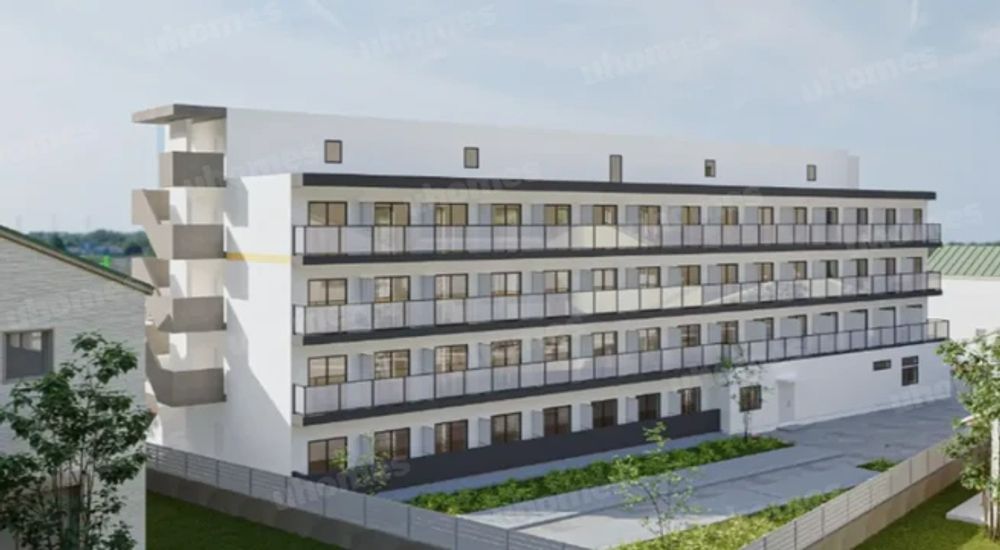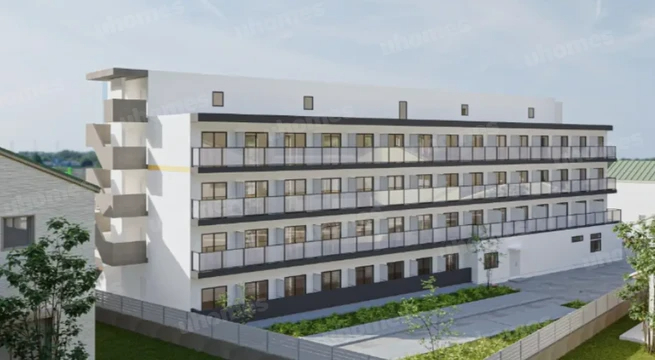Understanding the Processes of Investigating Flats to Rent Pretoria: What You Need to Know
So, brimming with excitement, you’re finally searching for flats to rent Pretoria to move into your first home, but we understand if there might be a few nervous giggles. You have every right to be apprehensive. Although the city offers many options, traversing rental legalities requires some skill and knowledge.
Today, the seasoned professionals at Huurkor will explain a few legalities to consider while looking for flats to rent Pretoria.
Flats to Rent Pretoria: Not All Plain Sailing
Grabbing the first apartment you find could be a hasty decision, potentially leading to disappointment. Consider these factors before signing on the bottom line:
1. Finding Flats to Rent Pretoria: Where to Begin
With numerous neighbourhoods and rental options available, know your budget and preferred location and stick to them. Some popular areas in Pretoria include Hatfield and Brooklyn for the younger generation, and Garsfontein or Waterkloof for individuals requiring quieter suburbs. Online property portals, rental agencies, and word of mouth are common resources for discovering available apartments.
Once you identify a few suitable flats, consider:
· Scheduling appointments to view the property.
· Ensuring you inspect the apartment's condition, amenities, and the surrounding environment. Check for latent faults, damp or mould spots, water pressure in the showers, and available cupboard space.
· Meeting with the landlord or agent. Never be afraid to ask questions about the flat, building rules, the crime rate in the area, and the lease terms.
2. Legal Considerations: What You Should Know
The relationship between landlords and tenants is a sensitive one. Both parties should understand their roles and responsibilities to avoid confrontation later. Do some research, familiarise yourself with the basics, and manage the process confidently. For example:
· Check the legality of the lease agreement.
· Ensure that the rental property complies with municipal and safety regulations.
· Confirm that the landlord is the legal owner and has the right to rent the property, even if you meet personally at the premises.
3. Lease Agreements: The Importance of Understanding the Terms
Lease agreements are a legally binding contract between the tenant and landlord, outlining the terms and conditions of the rental arrangement. This document is crucial as it protects both parties and ensures mutual understanding. Pay close attention to the following points:
· Duration: Lease agreements are typically signed for one year, but shorter or longer terms are possible. Make sure you are comfortable with the lease duration before signing.
· Rental Amount and Payment Terms: The agreement should clearly state the monthly rent, payment due dates, and preferred payment methods.
· Deposit: Landlords generally require a security deposit to cover damages or unpaid rent. This deposit is refundable at the end of the lease, provided the property is in good condition and there are no rental arrears outstanding.
· Maintenance and Repairs: Ensure that the agreement specifies which repairs are the landlord's responsibility and which fall on the tenant, especially if electrical appliances such as fridges, stoves, microwaves, or televisions are included.
· Hidden Clauses: Read and understand the lease carefully. Look for non-disclosed factors like whether tenants are responsible for already installed security, garden upkeep, or domestic services.
4. Tenant Rights: Know Your Protections
As a tenant, your rights must be respected by your landlord. These include:
· Privacy: Landlords cannot enter your flat without prior notice except in emergencies.
· Fair Treatment: Discrimination based on race, gender, or other factors is prohibited.
· Safe and Habitable Property: The property must meet basic safety and habitability standards such as functional plumbing, electricity, and security.
Contact Huurkor if You Feel Overwhelmed



